I just posted the seventh and final installment in my series over at Mother Nature Obeyed laying out the most salient points from my talk about Weston Price on Sean Croxton’s Real Food Summit last September. The talk was free for a few days, but to listen to it now you have to purchase the …
Statistics
I’m 95% Confident This is a Good Definition of a P Value
New post over at Mother Nature Obeyed: I’m 95% Confident This is a Good Definition of a P Value In this post, I explain why I consider it legitimate to read “confidence” that something is not due to chance into a P value. I discuss the differences between Bayesian and frequentist approaches, the agreement between …
Being Statistically Significant Is Nothing Like Being Pregnant
New post over on Mother Nature Obeyed: Being Statistically Significant Is Nothing Like Being Pregnant Enjoy!
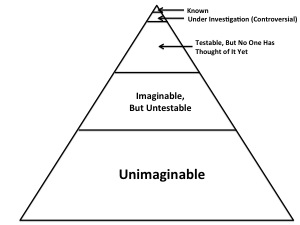
When Standing At the Brink of the Abyss, Staring Into the Great Unknown, We Randomize
In any experiment, randomization is the central criterion necessary to make an inference about cause and effect. This is true whether we are studying inanimate objects, isolated proteins, cells, animals, or people. Randomization helps us remove the influence of both known and unknown confounders. The ultimate confounders are choice and the passage of time. People …
How to Do a Proper Self-Experiment, and Why Your “N” Doesn’t Technically Equal “1”
Aravind recently suggested in the comments that I write a blog post about a discussion he and I had in the hallway at the Ancestral Health Symposium about “n=1 experiments.” The thrust of this discussion was that if you want to do a true self-experiment where you can definitively demonstrate cause and effect, you can actually conduct a …
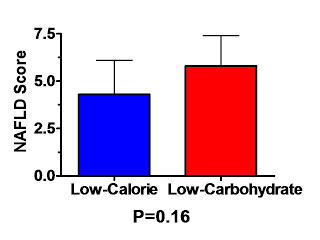
New Fatty Liver Study Shows that Carbohydrate Restriction Causes Statistical Anomalies
A new study claims to show that carbohydrate restriction is superior to calorie restriction at improving fatty liver disease: Browning JD, Baker JA, Rogers T, Davis J, Satapati S, Burgess SC. Short-term weight loss and hepatic triglyceride reduction: evidence of a metabolic advantage with dietary carbohydrate restriction. Am J Clin Nutr. 2011 In this study …
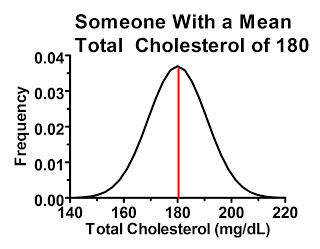
How a Study Can Show Something to Be True When It’s Completely False — Regression to the Mean
In a previous post, “The Great Unknown: Using the Statistics to Explore the Secret Depths of Unpublished Research,” I discussed one way a study can show something to be true when it’s false, or vice versa. If some nutrient or drug has a “true” biological effect, and we repeat many studies of the phenomenon, we …
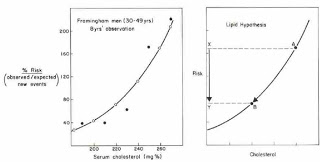
The Proper Use of the Term “Lipid Hypothesis”
There seems to be a lot of confusion about the meaning of the term “lipid hypothesis” in pop science books, blogs, and other places. Often times, the lipid hypothesis is confused with the diet-heart hypothesis. The two are very different. The lipid hypothesis concerns the role of lipids in the blood. The diet-heart hypothesis concerns …

Lack of Correlation Does Not Show Lack of Causation
From XKCD I’m sure many of you feel that it is disappointingly easy to become embarrassed for humanity whenever reading a discussion of correlations. In academia’s greatest charade, every Stats 101 class or Epidemiology 101 class or heck even a Psych 101 class will emphatically declare that correlation does not imply causation. Then most people …
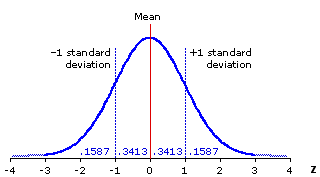
The Great Unknown: Using Statistics to Explore the Secret Depths of Unpublished Research
I spent a large portion of the day today trying to figure out why a couple papers I have showed that EGCG, a component of green tea, increases glucose uptake into isolated skeletal muscle cells, but another shows the opposite. The methods of these papers were a little different, and it’s possible to speculate that …